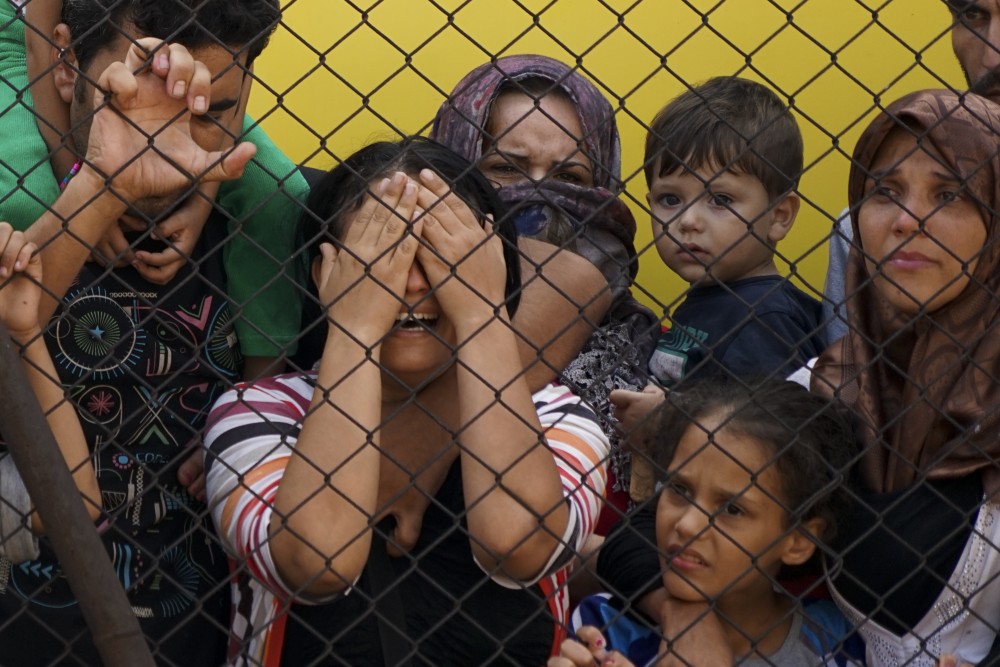The U.S. needs to accept more refugees
There's one clear way the world can help the Syrian people. The Trump administration is doing the opposite.

The world is in the midst of a refugee crisis, with the number of displaced persons totaling 60 million, the highest since World War II. Over the past year the United States has responded to this crisis in stunningly ungenerous fashion by sharply reducing the number of refugees it takes in. Once one of the most welcoming countries, the U.S. has become one of the least.
The Trump administration cut the targeted number of yearly refugee admissions in half, from 95,000 in previous years to 45,000 in 2018. And at the current pace, refugee experts say, the final tally for this year is likely to be half that figure. As a case in point: in the first three and a half months of this year, the U.S. admitted only 44 refugees from Syria—about one-twentieth of the number accepted in the corresponding period in 2016. While President Trump was celebrating the allied missile attack on Syria as a defense of the innocents in that country’s civil wars, his refugee policy was dashing the hopes of Syrians who can’t return to their ruined homes and whose desperate aim is to start a new life outside a refugee camp. As the U.S. steps back from the refugee crisis, it is less wealthy countries like Lebanon and Jordan that take on most of the burden.
The ostensible reason for the U.S. clampdown on refugees is national security. Administration officials made that argument before the Supreme Court on April 25 when they defended the latest version of the ban they have tried to impose on incoming travelers, especially those coming from Muslim-majority countries. The justices seem likely to accept the government’s case that the president has the constitutional authority to make such judgments about security.




